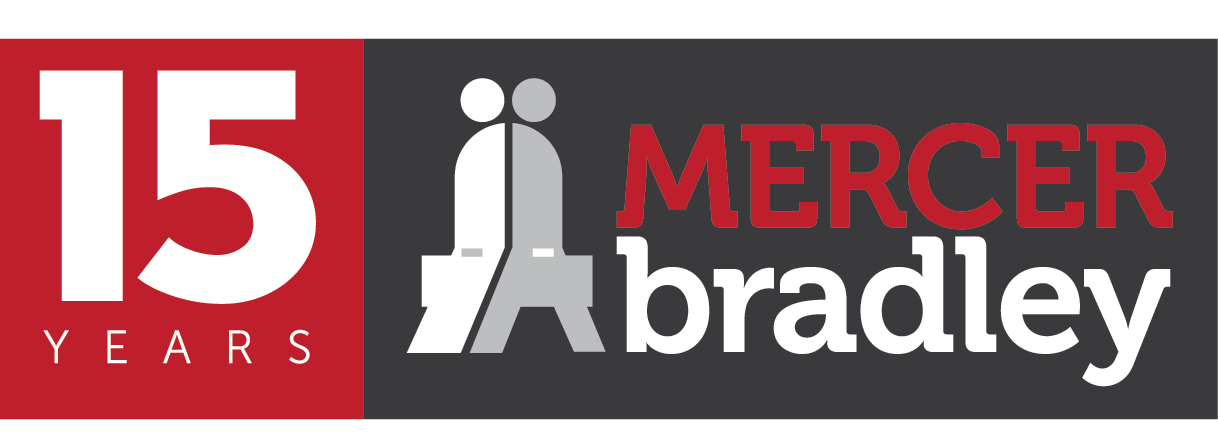Employees who are skilled at their non-accounting and finance jobs typically lack training and experience working with financial data. Many of these employees are intimidated by financial data because they dislike math. Others believe they do not need to look at the company’s numbers because they are not responsible for the financials.
However, employees in every department have an interest in the organization’s success and growth. As a result, accounting and finance professionals must learn how to effectively report to non-accountants to show how the numbers impact them and why they matter.
Implement these tips to provide effective reporting to non-accountants.
Educate Coworkers on Budgeting and Variances
Two areas that accounting and finance professionals should educate their coworkers on are budgeting and variances. For instance, employees who are involved in the budgeting process are likely to be invested in managing these budgets. Also, comparing how financial performance changes from one month to the next, one quarter to another, or year to year helps management uncover and investigate issues and make changes to resolve them.
Linking the budgets and variances to employees’ jobs shows employees how their actions impact the company’s financial performance. Encouraging employees to care about improving the budgets and variances helps improve the bottom line.
Understand Employee Motivation
Determine what each employee is responsible for and what they care about. Then, use these findings to show how understanding the budget and variances can help the employee better perform their job.
Uncovering the outcomes that each team wants to attain and how success is measured helps determine the best way to engage them in learning about budgeting and variances. Understanding how each employee’s performance affects the budget and variances encourages employees to increase efficiency and decrease costs in their day-to-day activities.
Use Clear Language
Speak in terms that coworkers commonly use. Avoid using accounting and finance jargon that coworkers might not understand and may be embarrassed to ask questions about.
Explaining budgets and variances in ways that coworkers can relate to helps build trust. This encourages coworkers to ask questions when needed.
Include Images
Use images rather than numbers to explain data whenever possible. Sharing words and images helps put the numbers into perspective. This promotes an understanding of the numbers and their relevance to employees’ jobs.
Consider implementing dashboard reporting to show specific indicators of performance for each department and the company as a whole. These indicators might be tracked by color to show which areas need attention. For instance, items in red require immediate attention, items in yellow need to be monitored, and items in green should be celebrated.
Share Consistent Metrics
Use common measurements for the organization and specific measurements for specific jobs. This helps employees understand why the numbers matter and how they apply to their roles. It also helps employees better perform their work and see how their contributions impact the organization.
Is It Time to Change Jobs or Hire Accounting and Finance Professionals?
When the time comes to change jobs or add accounting and finance professionals to your Winnipeg team, reach out to Mercer Bradley. Visit our job board or contact us to learn more!




Leave a Reply